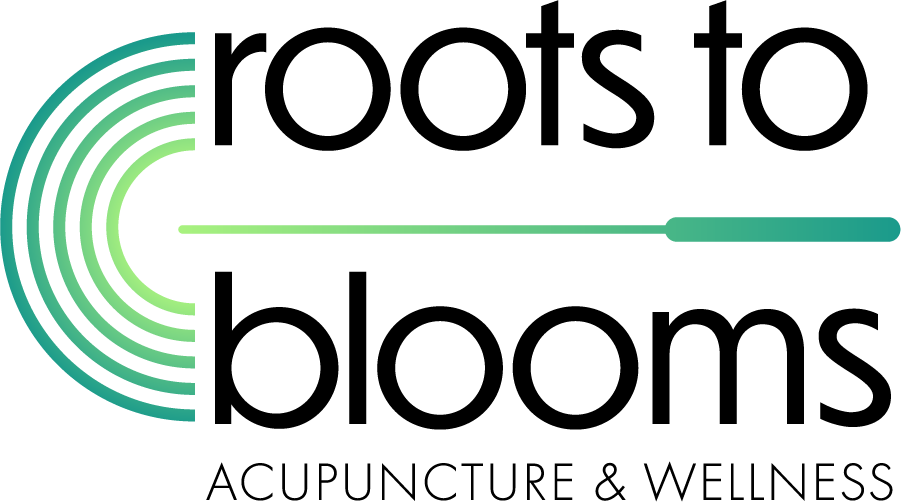FAQs
For information about your first acupuncture appointment or insurance questions, please visit the Start Here page.
Does your office take my insurance?
We do not work with any insurance companies and payment is required at the time of service. If you have insurance benefits that cover acupuncture, we are happy to provide you with a “superbill” that has the necessary diagnostic and treatment codes. You can submit this document to your insurance company for reimbursement.
What is acupuncture?
Acupuncture is the insertion of tiny, sterile pins into predetermined acupuncture points on the body. The stimulation of these points sends signals to the brain and central nervous system to release endorphins, promote local circulation to tissues to reduce inflammation and pain, and to put back into balance systems that have become unbalanced.
Acupuncture is one branch of several that form Traditional East Asian Medicine (TEAM) and is the most well-known aspect of TEAM. Other branches of TEAM include nutrition and food therapy, qi gong and tai ji, herbal medicine, and bodywork that can include moxibustion, cupping, and a manual therapy called tui na.
How does acupuncture work?
After your acupuncturist reviews your medical history, asks you questions about your condition based on TCM theory, takes your pulses, and looks at your tongue to determine the state of your internal organs and body systems, hair-thin, sterile, stainless steel needles are inserted into specific points and can alter biochemical and physiological conditions within the body.
Nerve fibers transmit signals to the spinal cord and brain stimulating the central nervous system to release hormones that make us feel better, regulate blood pressure, regulate the immune system, and reduce pain. Acupuncture's effects are transmitted via electric, hormonal, lymphatic, neurologic, and electromagnetic pathways.
Which conditions does acupuncture treat?
The National Institute of Health and the World Health Organization recognize that acupuncture can treat many illnesses including allergies, asthma, constipation, digestive issues, fibromyalgia, headaches, irritable bowel syndrome (IBS), chronic and acute pain, muscle aches and strains, sinus issues, insomnia, menstrual and menopausal symptoms, skin conditions, tendonitis, and stress.
In our acupuncturist’s opinion, managing stress and getting enough sleep can help to minimize other health issues.
Does acupuncture hurt?
In general, no, acupuncture does not hurt. There are certain acupuncture points that may be more reactive when needled and you may feel a small "burst" or electrical sensation as the needle breaks the skin.
How many treatments will I need?
All acupuncture treatments are tailored to the individual and the signs and symptoms they are presenting with on the day of treatment. This means your treatment frequency may be different than someone else’s, but in general, we recommend all new patients start with two treatments per week for four weeks in a row. Following this plan, you will feel better faster and will notice changes quicker, as acupuncture effects are cumulative and the closer together the treatments, the better the results. While we understand this treatment frequency may not be possible for all patients, the minimum treatment frequency for new patients is one time per week for six to eight weeks.
It is always my goal to get patients from the acute/distress stage to the maintenance phase of treatment as quickly as possible. If I feel acupuncture is not working for someone, I will not waste their time or mine and will dismiss them from treatment after a few treatments.
A severe or chronic pain condition or issue such as neuropathy will require at least 16- 20 visits.
Medium level pain or conditions like digestion or insomnia will require at least 10-16 visits.
Mild or acute pain or conditions like allergies or newly acquired muscle injuries need 6-10 visits.
What does my acupuncturist mean by “herbs” and “formulas?”
In the hierarchy of Traditional East Asian Medicine, nutrition and herbs are considered the superior medicines. Often, an acupuncturist will prescribe a “formula,” also known as “herbs” for your condition. These medicines work internally to create balance and health by treating root cause issues and not just managing symptoms. Herbal formulas can treat a range of conditions from acute illnesses like the common cold and flu to chronic diseases like allergies, digestive and menstrual disorders, and insomnia. TEAM creates formulas from ingredients that work synergistically, which alleviates most side effects, unlike side effects caused by single ingredient pharmaceuticals or supplements.
Since formulas and herbs work on root causes, the effects will not be immediate, and you may need to be on a formula for several months. The good news is, as the root cause is treated and resolved, you may no longer need to take any type of herbal intervention. Throughout your treatment, as your condition changes, your herbal prescription may change. For skin conditions, herbs are prescribed for six weeks up to six months depending on the severity of the skin issue. Always consult your prescribing herbalist before stopping or altering how you take your herbal formula.
I have heard that Chinese herbs are made of shark fins and seahorses, is this true?
While most Traditional East Asian Medicine herbal formulas are made with flowers, roots, leaves, barks, and minerals, there are a few that are made of animal parts like the exoskeletons of cicadas which are collected after they molt.
It is in the folk medicines of some Asian cultures that seahorses and shark fins are used for virility and health, but they are NOT part of Traditional East Asian Medicine.
I source my herbal products from suppliers that employ farmers who use sustainable and ethical farming methods. The herbs are GMP certified and tested for pesticides and heavy metals. Many of the animal products used historically have been replaced with plant and mineral sources. I do not use herbal formulas that contain animals, especially endangered species.

“You are the sky.
Everything else is just the weather.”
– Pema Chödrön



